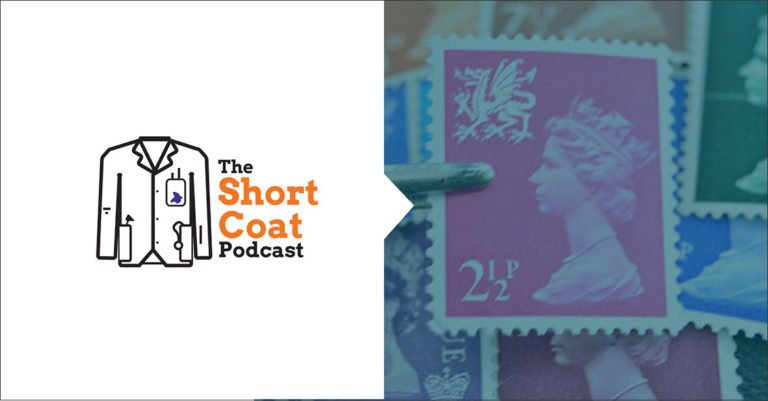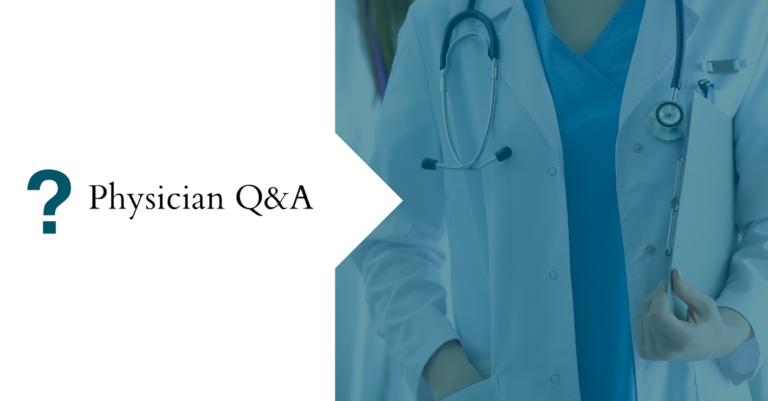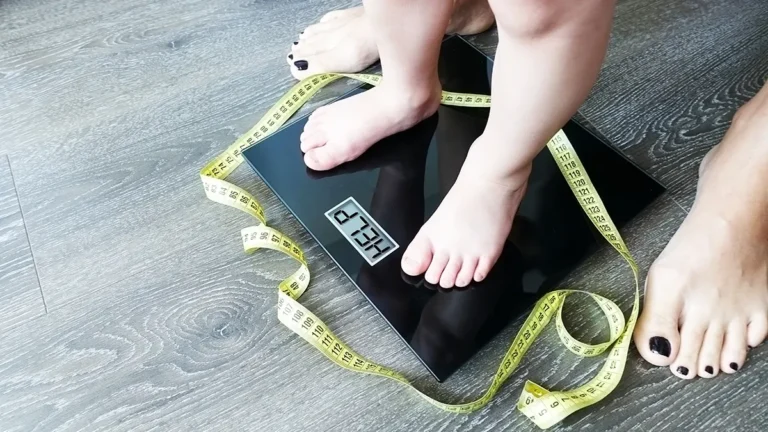What Skinny Doctors Don’t Get About Their Obese Patients
Let’s just keep talking about treating obesity Fifi Trixiebell (not her real name) wrote to [email protected] asking us to discuss what medical students learn about nutrition, and whether they think the keto diet is just another fad. Luckily, Madeline Slater, Emma Barr, Kyle Kinder, and newbie Sam Palmer–M1s all–just had a unit on ... Read more
The Short Coat Podcast
Updated June 24, 2022 by The Short Coat Podcast



